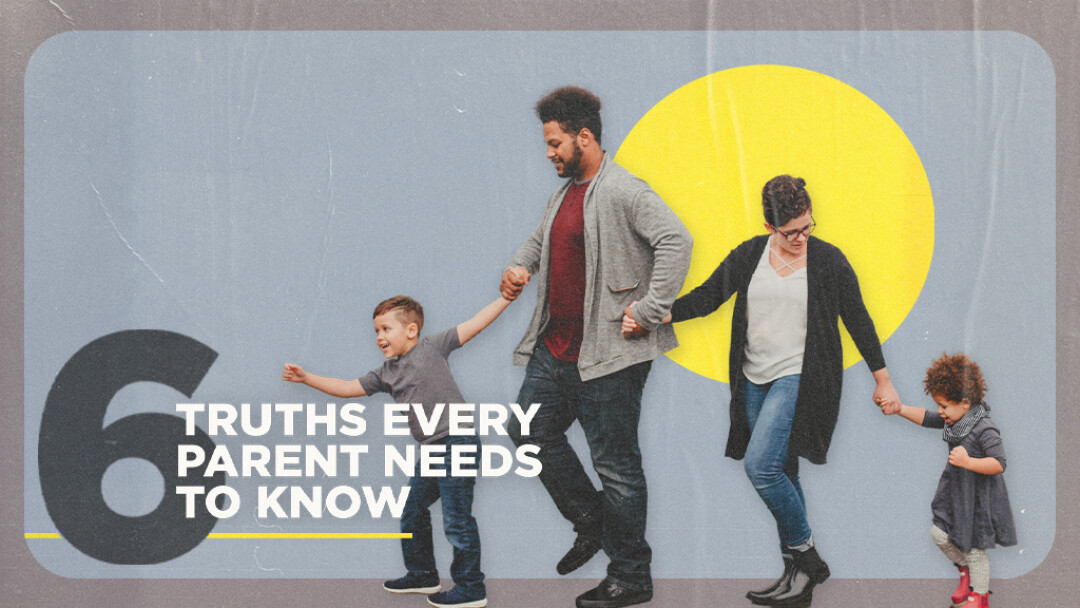
1. Open with prayer. (2-5 min)
2. Read Habakkuk 3:17-18.
3. Discuss these questions with your group. (20-45 min)
MY STORY | Vulnerability
What was your parents’ deepest heartbreak? Did you play a role in that? Explain. (7-10 min)
DIGGING DEEPER | Practical Biblical Application
Even though the fig trees have no blossoms, and there are no grapes on the vines; even though the olive crop fails, and the fields lie empty and barren; even though the flocks die in the fields, and the cattle barns are empty, yet I will rejoice in the Lord! I will be joyful in the God of my salvation! (Habakkuk 3:17)
Name some modern-day equivalents of no blossoms, no grapes, failed crops, barren fields, dying livestock or empty barns.
How can we say, with integrity, that God is good—even in the face of unspeakable losses?
GROWING TOGETHER | Spiritual Friendship
How do you respond to someone who believes that her barrenness is a sign of God’s displeasure with her?
If you were grieving, what would be meaningful for others to do for you?
What are some wordless ways you can grieve with parents who are in mourning, for one reason or another?
MOVING OUTWARD | Faith in Action
Here are the steps of deep grief in the face of heartache: denial, anger, bargaining, melancholy, healthy resignation. Help a parent who is in mourning move through each of these steps—even it all it means is a hug, a meal, or a card. If you find yourself in a state of grieving, find an empathetic person to help you walk through this process.
What is the one important thing you will take away from this weekend’s message or our community group discussion? Is there any challenge, difficulty or praise that you would like to share with the group for prayer?
Message Notes
You can add your own personal sermon notes along the way. When you're finished, you'll be able to email or download your notes.

